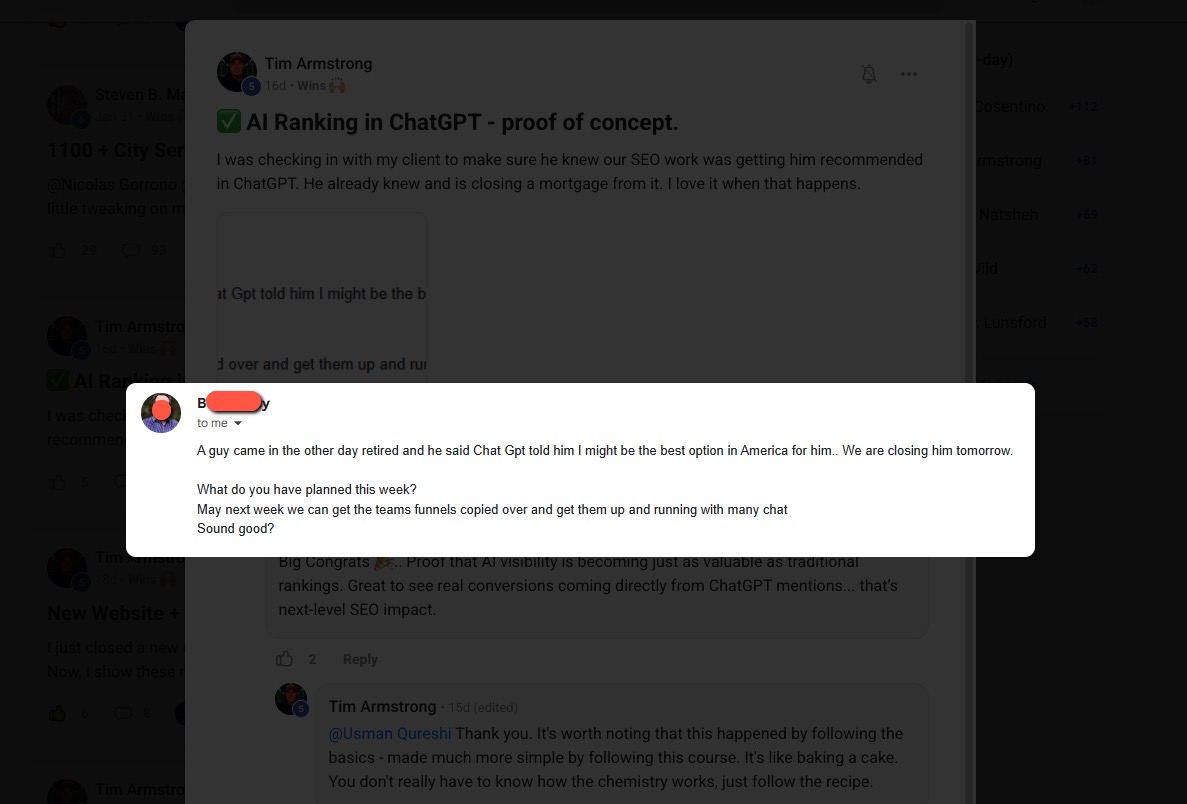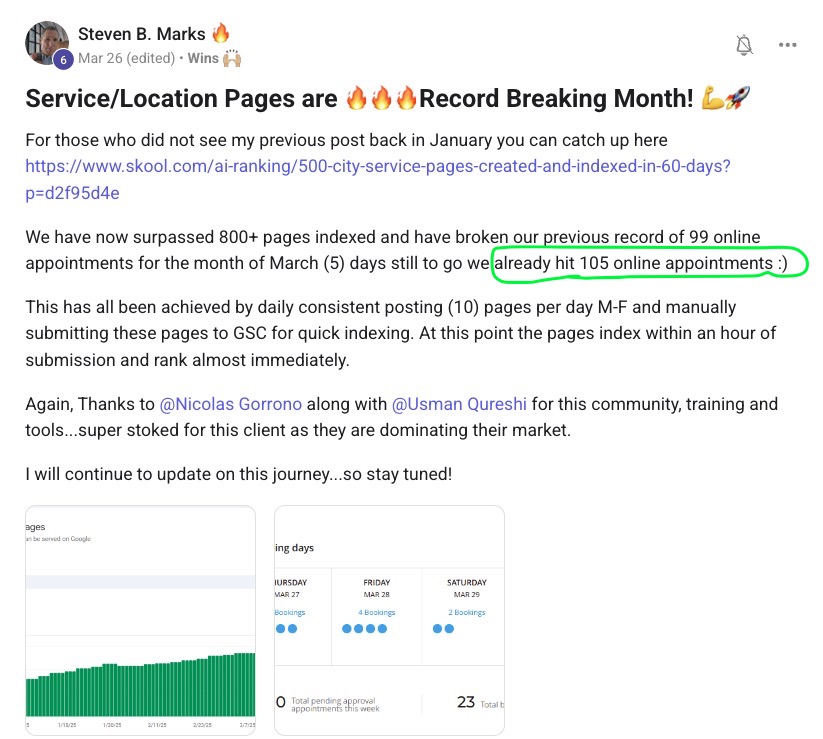
Know Google’s standards
The truth is, SEO for financial planners is held to a higher bar by Google because it affects people’s well-being. This is what they call YMYL (Your Money, Your Life). Google expects you to show solid Experience, Expertise, Authoritativeness, and Trustworthiness (E-E-A-T). In other words, if your site doesn’t come across as credible, good luck getting anywhere in organic search.
To address these standards, strive for:
- Detailed author bios showing your qualifications
- Transparent sources and references, especially for sensitive or technical material
- Secure website connections (HTTPS)
- Professional design and usability
Implementing these steps helps build trust with search engines and, more importantly, potential clients.
Optimize for local search
Financial planners thrive on local clientele. After all, nobody wants a long-distance relationship for something as personal as money management. Prioritizing local SEO means ensuring you pop up prominently when folks in your neighborhood search for “financial planner near me” or “financial advisor in [city].”
Key actions might include:
- Claiming and optimizing your Google Business profile
- Consistent NAP (Name, Address, Phone) data across all platforms
- Gathering genuine client reviews on Google and industry sites
- Embedding location-specific keywords in your content
One study found that 98% of consumers search online for local businesses (Indigo Marketing Agency), so ignoring this step is basically telling potential clients, “I’m not too keen on meeting you.” If you want more details, check out local seo for financial advisors.
Select relevant keywords
Don’t get me wrong, simply sprinkling random phrases like “finance guru in Tulsa” won’t magically improve your rankings. Effective keyword research digs deeper into what your leads truly search for. For instance, “retirement planning in Boise” or “tax optimization strategies in Austin” can pinpoint those high-intent visitors more precisely than generic terms like “investment.”
To unearth reliable keywords:
- Use tools such as Google Keyword Planner, Ahrefs, or SEMrush
- Check the “People Also Ask” box on Google (SJ Digital Solutions) to find real user questions
- Identify long-tail keywords that match nuanced client needs
Once you’ve settled on them, sprinkle these terms naturally into your service pages, blog posts, and meta tags. If you want even more ideas, you may find search engine optimization tips for financial advisors helpful.
Create valuable content
The real secret to winning in search results is producing content that addresses your audience’s worries and questions. And yes, “just produce valuable content and the links will come” might sound like a pipe dream, but don’t dismiss it altogether. High-quality articles, case studies, and explainers can lead to shares and backlinks in the long run — it just takes careful planning.
Consider writing about:
- Retirement pitfalls for certain professions
- Detailed breakdowns of lesser-known tax benefits
- Budgeting tool comparisons
- Step-by-step guides on financial planning strategies
Deep dive into tangible advice, real-life examples, or personal anecdotes. Remember, clients trust an advisor who sounds like a relatable human, not a marketing drone. If you’re looking for more direction, you might also find seo tools for financial advisors useful to fine-tune your content strategy.
Strengthen your backlink profile
It’s cool and all to have stellar on-page optimization, but not that useful if no one links to your site. Backlinks remain a crucial factor in Google’s ranking algorithm. Websites in the top search positions typically have 3.8 times more backlinks than lower-ranking sites (Indigo Marketing Agency). The message is loud and clear: you need quality inbound links to look authoritative.
How do you get them?
- Pitch a guest post to reputable finance blogs
- Give expert commentary on aggregator sites looking for financial insights
- Sponsor local community events and ask for a mention on their webpages
- Network with allied professionals (like realtors or attorneys) who can vouch for your expertise
If you’re hungry for more specifics, check out backlinks for financial advisors. Again, remember that “quality” usually trumps “quantity.” A handful of links from respected industry sites beats twenty from low-authority directories.
Track your performance metrics
Without tracking, you’re guessing. And that’s a risky game in finance. Set up tools like Google Analytics and Google Search Console to watch your total clicks, referring domains, and overall organic traffic. Google’s Core Web Vitals also influence rankings significantly, so make sure your site loads quickly and runs smoothly (Backlinko).
Metrics to monitor:
- Total clicks: Shows how many people found you via organic search
- Referring domains: The number of unique sites linking to you
- Organic traffic: The volume of visitors arriving from search engines
- Page speed: A core factor in user experience and search rankings
Keeping an eye on these metrics helps you spot issues and quickly adapt your strategy. That familiar mix of awe and unease you feel when confronting these numbers is perfectly normal — just treat them as valuable feedback to refine your SEO plans.
Keep going and refine
Don’t let the final step fool you: SEO isn’t a set-it-and-forget-it trick. It’s an ongoing process that involves revisiting your keyword strategy, updating your content, and chasing the right backlinks. Regularly audit your site’s performance, make adjustments, and stay open to experimentation. Financial planning is a living, breathing field; your SEO approach should be, too.
If you’re ready to dive deeper, seo audit for financial advisors is a handy place to start. Ultimately, if you keep learning, adapt your tactics, and stay genuine, you’ll be well on your way to dominating both local and broader searches. Good luck out there.



.webp)



